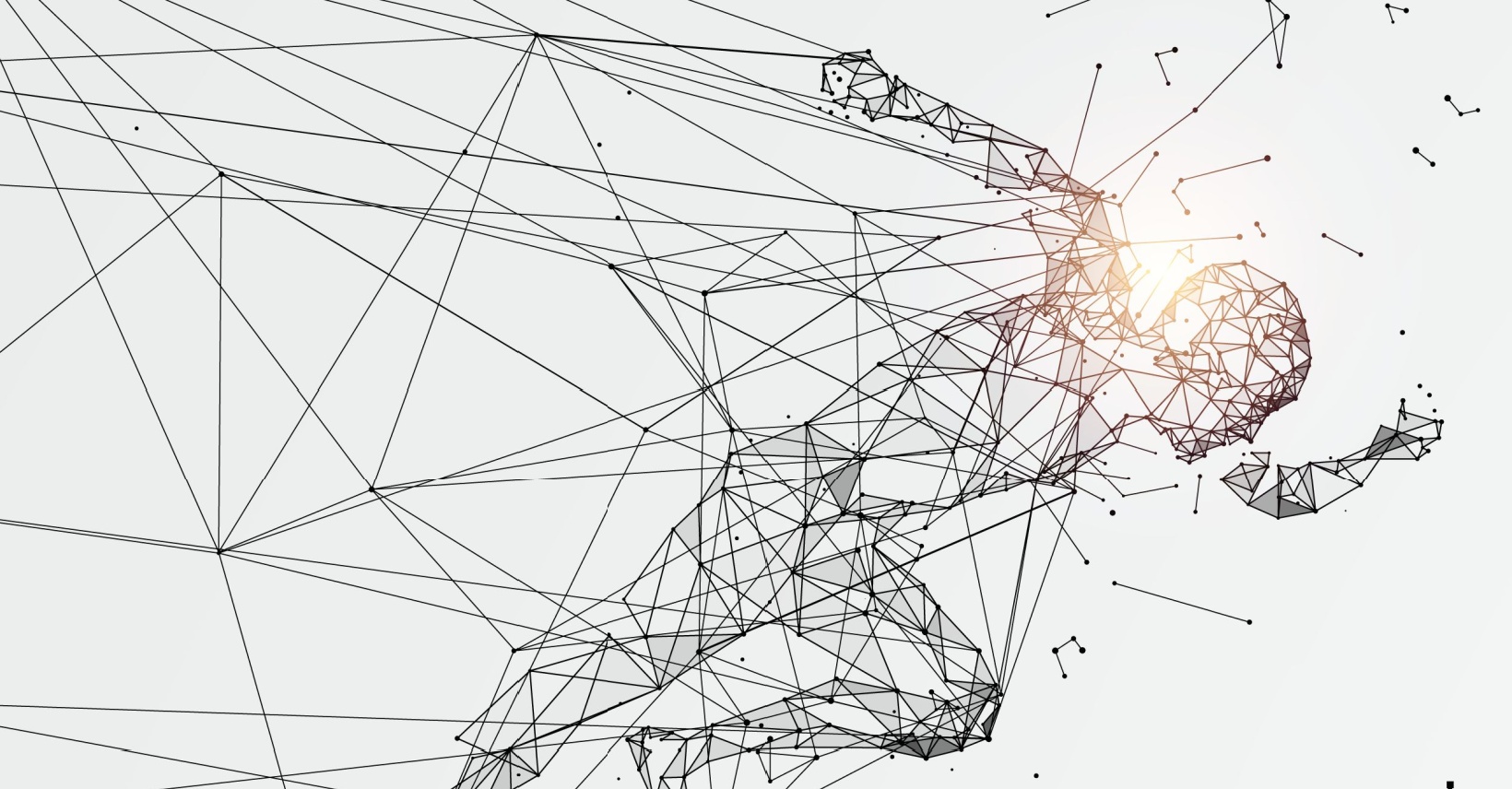
‘Move fast and break things’ may be an admired strategy in Silicon Valley, but it’s a fearsome notion for electric utilities. Their regulatory pact holds them responsible for keeping the lights on, making them wary that too much innovation will break the grid, and they’ll pay the price.
Right or wrong, this trepidation is a reality that energy innovators must navigate when introducing new ideas, business models or technologies to utilities and their regulators, even if the idea wins a lot of support from others in the energy arena.
Listen to the podcast
Witness Sunnova’s proposal two years ago to create microutilities in California. While highly praised by environmentalists, the renewable energy community and social justice advocates, it set off alarms among the state’s investor-owned utilities and promptly sank in the regulatory arena.
Of course, utility opposition springs from more than fear of jeopardizing grid integrity. Utilities are also on guard for any dismantling of their monopoly status. That’s why they quickly rally against almost any attempt to create public power — an existential threat to the investor-owned utility business model.
So I was fascinated when I heard about Ann Arbor, Michigan’s approach to energy innovation, as explained by Missy Stults, the city’s sustainability director, in our new podcast, A Campaign to Create a Distributed Energy Utility in Ann Arbor, Michigan.
You might say that Ann Arbor has figured out a way to move fast without creating fear that it’s breaking things or breaking up an investor-owned utility.
A municipal utility that advances distributed energy
The city wants to create a Sustainable Energy Utility (SEU), a different kind of municipal utility. It would not acquire the local investor utility’s poles, wires, and other infrastructure, as municipal utilities typically do, which can lead to lengthy court battle. The SEU plays one role — to provide distributed energy resources (DERs) to local residents who choose to participate.
“It’s an optional utility that is community-owned and supplemental to our existing utility. So it is not a replacement for what we have. It is supplemental and only authorized to provide 100% renewable energy,” Stultz explains in the podcast.
Modeled after similar concepts in Delaware and Washington D.C., the SEU is designed to bring resilience, reliability, local control and cost savings to energy supply — and help the city reach its ambitious goal of net zero by 2030.
Rooftop solar, storage and other DERs would be offered through the SEU with the intent of making the technologies easy and affordable for local citizens. A Strategen study found the approach can be financially viable for the city and save residents money, particularly if Ann Arbor works with third parties to install and maintain equipment — something the city plans to do.
Sustainable Energy Utility hinges on vote
So far, DTE, the local investor-owned utility, has taken no public stand on the SEU. “They are aware of what the city is trying to do. I think they very much understand the perspective and the goals that we hold,” Stultz said.
The more important question, however, is what do Ann Arbor voters think of the idea? We’ll know on November 5 when they take up a ballot question to establish the SEU.
Subscribe to the free Energy Changemakers newsletter, and we’ll notify you when new podcasts are posted.
